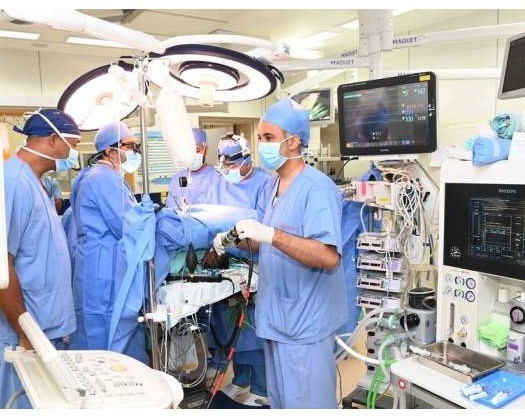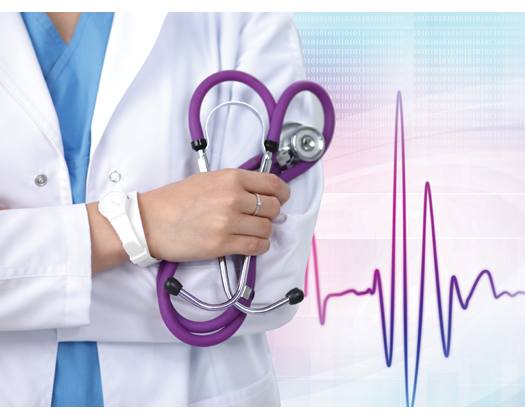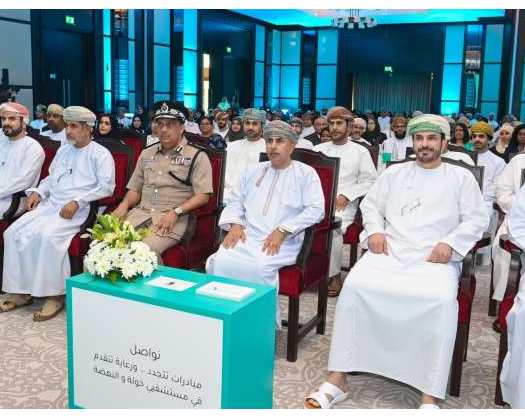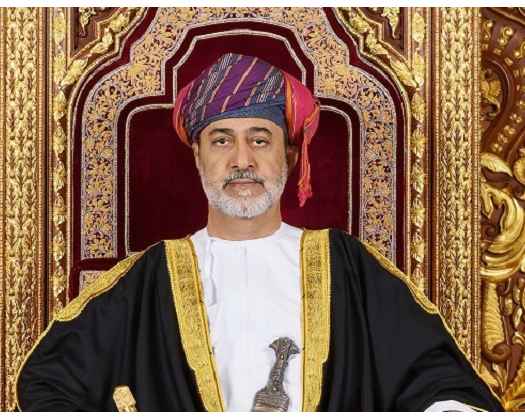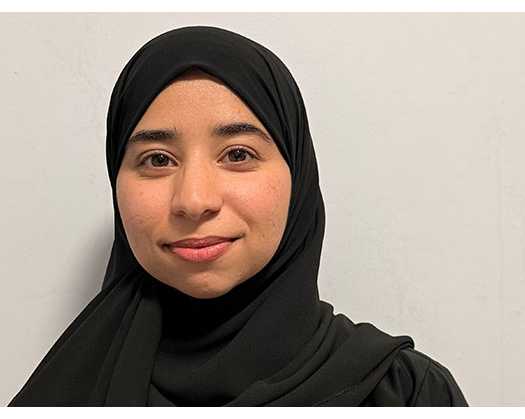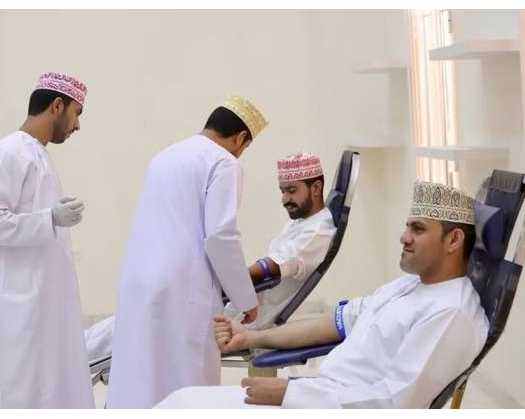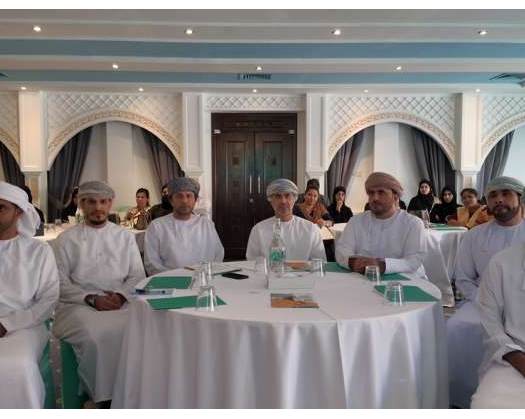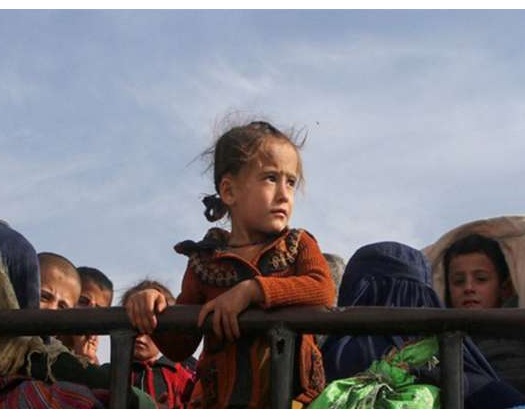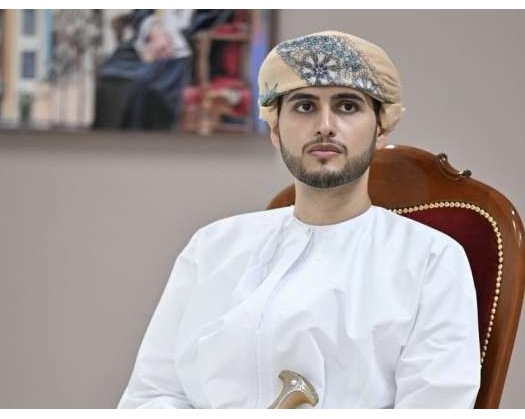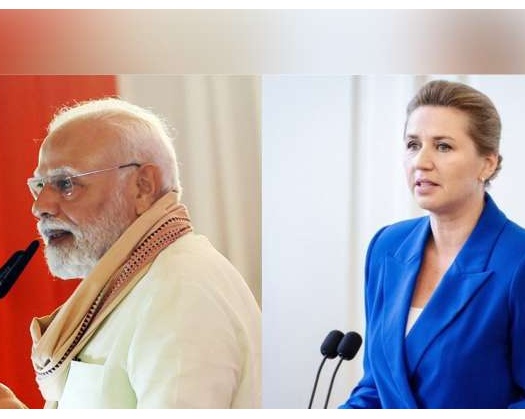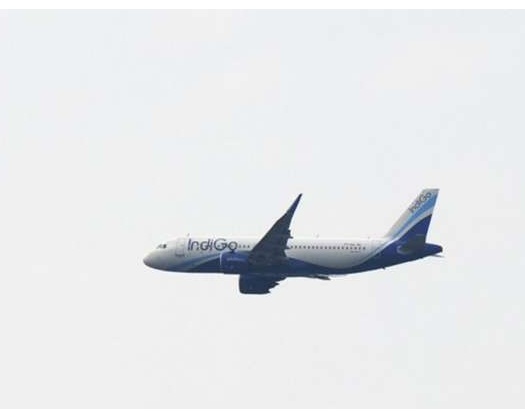Muscat: The National Heart Center at the Royal Hospital is Oman’s first cardiac facility, offering cardiology and cardiac surgery services that adhere to the greatest worldwide medical standards. Since its opening in 2015, the center has made constant progress toward leadership and excellence in cardiac healthcare, establishing its reputation as a reference medical institution at the local, regional, and international levels.
Dr. Najib Zahran Al Rawahi, Director of the National Heart Center, told the Oman News Agency (ONA) that the center was established with an ambitious vision of leading the treatment of cardiovascular diseases and providing high-quality healthcare to citizens and residents of Oman from fetal development to adulthood and advanced age.
He went on to say that the center aims to offer a whole spectrum of advanced diagnostic, therapeutic, and surgical treatments for cardiac disorders, including arterial, valvular, and congenital diseases. The center provides the highest quality of medical care using the most recent medical technologies and equipment.
Dr. Al Rawahi highlighted that through these specialized services, the center intends to be among the region's and world's top cardiac treatment facilities, performing advanced surgical procedures and medical interventions such as catheter-based valve implantation and repair, catheter ablation for arrhythmias, and the dilation of narrowed veins and arteries.
He emphasized that the center is dedicated to recruiting and training outstanding medical professionals to provide high-quality care, as well as keeping its staff up to date on the newest cardiology and cardiac surgery techniques and procedures.
Since its inception in 2015, the National Heart Center in Oman has made great progress, offering broadened and improved services to fulfill patients' growing demands. This includes an increase in surgical procedures to meet the growing number of patients, as well as the use of cutting-edge technology in all specialized areas of cardiology and cardiac surgery.
The cardiac catheterization department has made great progress, including the launch of cutting-edge specialized catheters on an international level. The number of daily catheterization sessions has grown from five to six, increasing the department's capacity and lowering wait times. The center also offers round-the-clock support for important and difficult situations, preserving countless lives.
Since the center's inception, Dr. Al Rawahi has reported that 9,168 procedures have been performed, including interventional catheterizations, open-heart surgeries, and minimally invasive techniques. The success rates vary from 93% to 96%, depending on the procedure type, and are in line with worldwide norms.
During the same time, the center conducted 49,846 therapeutic cardiac catheterizations for adults and 7,823 for children, with success rates ranging from 97% to 99%, exceeding international standards.
Dr. Al Rawahi highlighted the center's dedication to embracing cutting-edge innovations in cardiac surgery, such as minimally invasive heart surgery, which uses small chest incisions to reduce pain and recovery time.
The center has pioneered new cardiac catheterization techniques, which enable physicians to diagnose and treat heart problems without open surgery. These include pediatric electrophysiology catheters, cryoablation catheters for atrial fibrillation, and thermal ablation catheters for arrhythmias.
Advanced imaging technologies like MRI and CT scans deliver detailed images of the heart and blood arteries, facilitating correct diagnosis. The center also uses remote cardiac monitoring systems, which allow for close patient observation and early identification of possible difficulties.
Dr. Al Rawahi stated that the center has pioneered various cardiac care innovations, including "Pulsed Field Ablation," a novel worldwide technology for treating atrial fibrillation with great efficacy and few problems.
Another breakthrough in cardiac therapy is the wireless pacemaker "Aveir," which controls heart rhythms without the use of wires. The center has also developed novel catheterization methods, including transcatheter aortic and pulmonary valve replacements and chronic coronary artery occlusion treatments.
A notable milestone was Oman's first successful heart transplant from a brain-dead donor, carried out by a multidisciplinary Omani medical team on a patient with heart failure. The five-hour surgery represents a watershed point in Oman's healthcare industry, the result of years of meticulous preparation, dedication, and investment in domestic talent.
In terms of international collaborations, the center works with prominent global organizations, such as the American Heart Association, which certifies it for advanced cardiac life support (ACLS). It also collaborates with educational institutions such as Sultan Qaboos University's College of Medicine and Nursing for clinical training and the Oman Medical Specialty Board to manage residency programs in adult cardiology, pediatric cardiology, and pediatric intensive care.
Looking ahead, the center is dedicated to expanding and improving its services through bold future plans, which include renovating operating rooms and catheterization labs, increasing specialized clinics, and encouraging scientific cardiology research.
Dr. Al Rawahi emphasized the center's community efforts, such as the "Heart of the Nation: One Pulse, One Goal" campaign, which seeks to promote awareness about heart disease and early detection in Oman’s governorates.
The National Heart Center continues to turn its vision into reality by means of its developed infrastructure, competent workforce, and world-class technology, raising cardiac care in Oman and the region while solidifying its position as a regional and international reference institution—setting a standard for comprehensive and advanced cardiac healthcare in service to Oman’s society.

